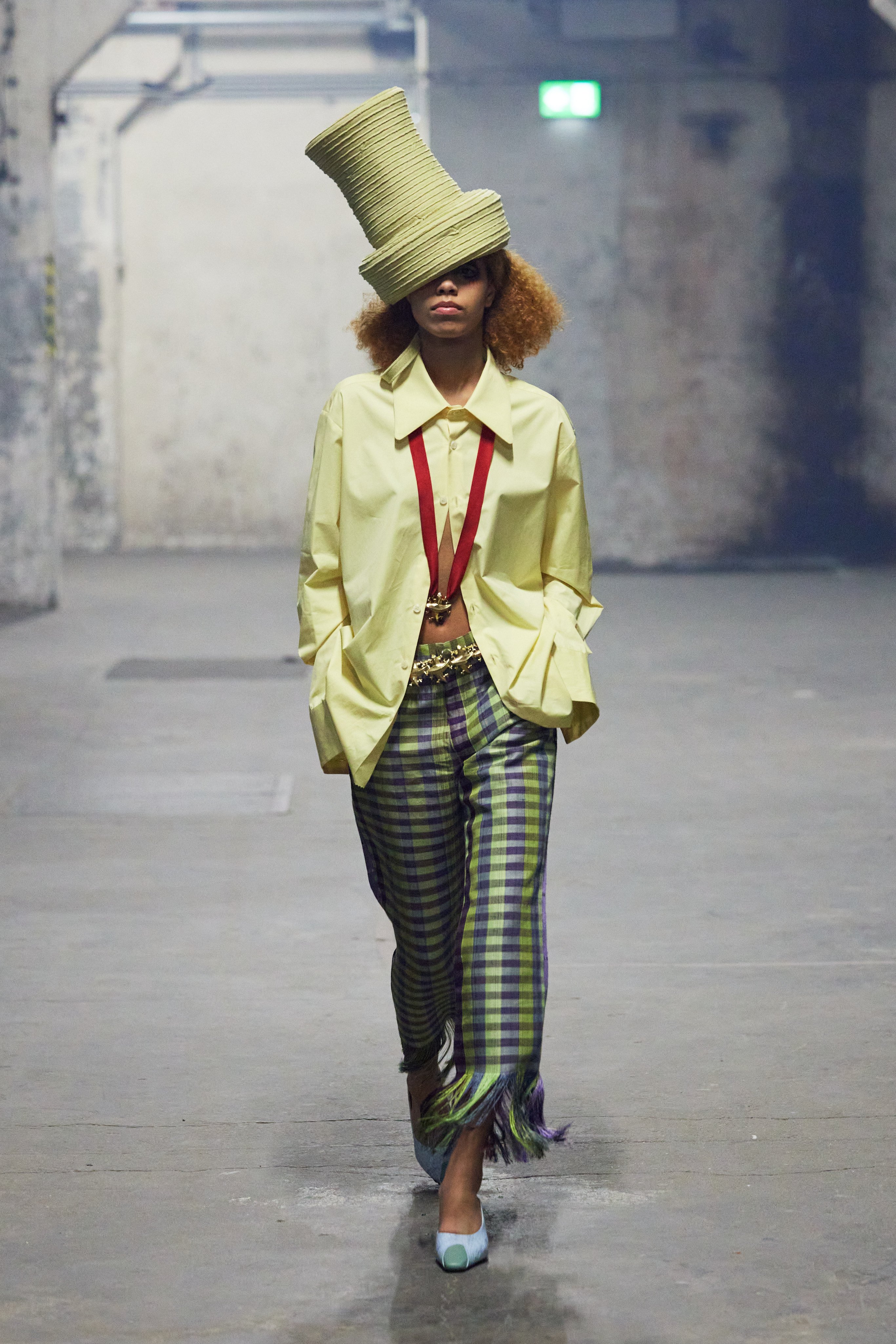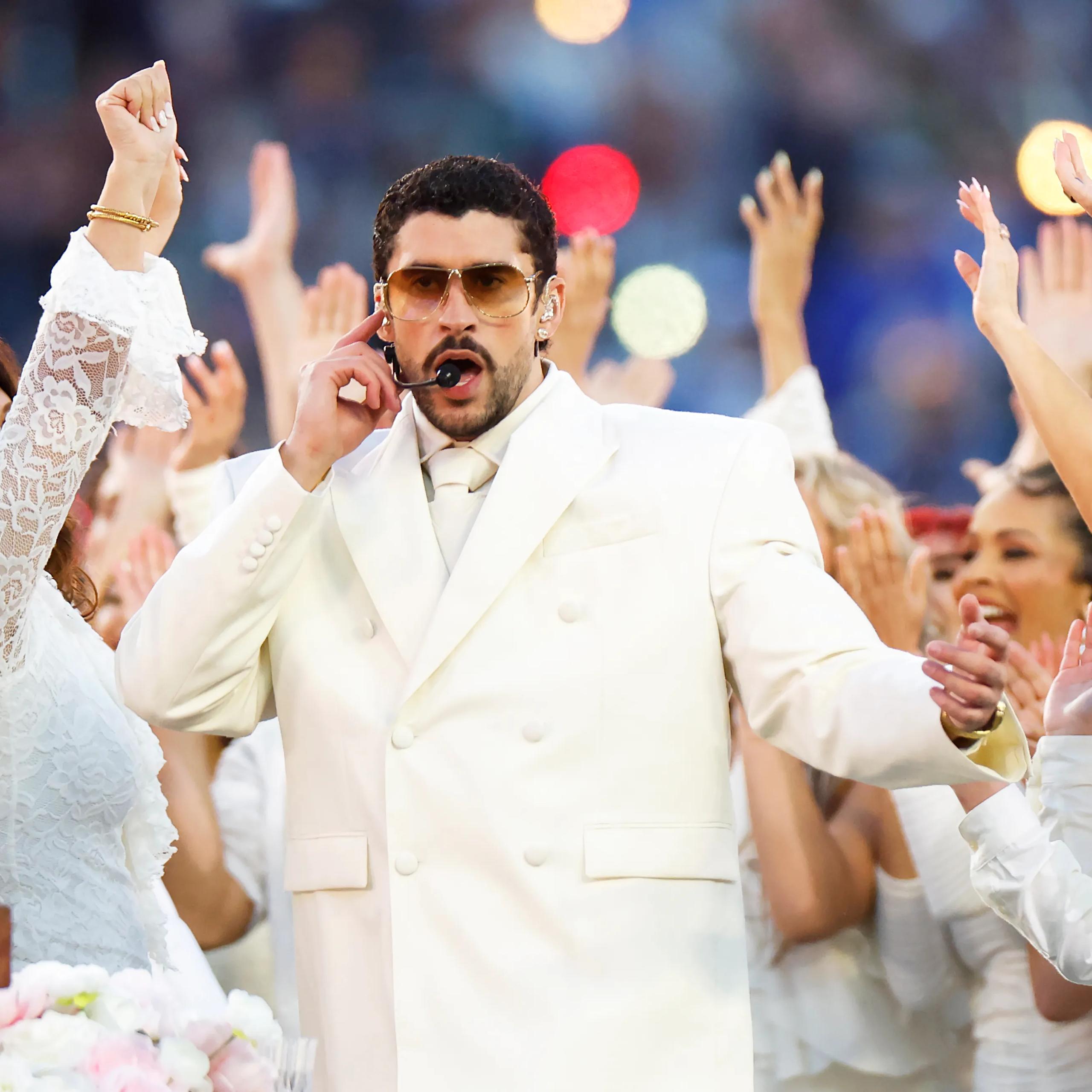
One question that has sparked intense reactions in the Hip-Hop community in Nigeria is whether Rap music as the genre, and subsequently the culture, seems to have been relegated to the background as the Afrobeats genre gained the upper hand.
Nigerian rap music took centre stage with hardcore rappers battling in heavily contested rap battles. There were even moments when organisations sponsored these rap contests and it garnered a lot of reviews from rap music lovers including those who ordinarily do not like rap as a music genre.
What Happened To Nigerian Rappers?
Many events have led to the collapse of rap music in Nigeria prompting many music lovers to switch to the now-popular Afrobeat that is gaining more attention globally.
In the 90s to early 2000s, rappers like Eedris Abdulkareem, Eldee Dee Don, Six Foot Plus, Mode 9, Rugged Man, Freestyle, Weird Mc, Terry ThaRapMan, Nigga Raw launched their rap careers opening the eyes of many music lovers in Nigeria to their creativity.
As Nigerian artistes began to attract investors with local content, many rappers who were in love with the rap culture joined the train. Lord of Ajasa who mostly rapped in Yoruba proved that rap does not have to be only in English. Lord of Ajasa was joined by the late indigenous rapper, Dagrin whose debut album “CEO” was a huge success, especially coming from a rap genre background. Nearly all Nigerians loved his album because of the infusion of Yoruba language into his rap lyrics and punchlines. After Dagrin’s death, Olamide came into the picture with his rap skills and infusion of Yoruba language into his lyrics just like Dagrin.
Before Dagrin’s death, Mr Incredible, popularly called MI had also created a path for himself in the rap industry, Mi’s rival was a Unilag Philosophy graduate called Vector D Viper with his perfect diction and use of English. For years, both MI and Vector created the urge in the minds of their fans by beefing each other in their rap songs.
The Fans Appetite And Rise of Afrobeat
While rappers might take a share of the blame for allowing their beloved genre to be relegated to the background, it is important to note that the influx of mainstream artistes or Afrobeat singers caused the decline of rap music. Unlike rap, Afrobeat is one of the continent’s biggest exports attracting new artists as well as investors to channel their money into the music.
In 2022, music critics, including rappers were shocked to their bone marrow when American rapper, Rick Ross visited Nigeria for the ISL Easter edition concert. The show had in attendance a lot of Afrobeat singers such as Tiwa Savage, Davido, Cavemen and others while no one from the hip-hop community in Nigeria was in attendance.
Rapper MI who felt it was a slap on the hip-hop community took to his social media to lambast the organizers for shunning rappers in Nigeria.
He wrote:
MI’s outbursts signify that rap culture is gradually being replaced by mainstream artists with Afrobeat sounds.
To be fair to rappers, ‘Hennessy Cypher’ – which is a rap contest between rappers that’s sponsored by Hennessy used to be a big event and it was even televised for people to watch. Over the years, however, as rappers either quit rapping or switched to mainstream music, the show has since lost its appeal.
The dynamic appetite of the audiences in Nigeria has also contributed to where rap music finds itself today, especially with the prevalence of the internet in Nigeria, as well as promoters and record labels. The goal of any investors, or record labels is to make returns on their investment which may not be the case if a rap artist is signed.
Mainstream artistes including Wizkid, once declared that rap is dead in Nigeria sparking angry reactions from rappers in Nigeria. Whether Wizkid has been proved wrong with his statement remains another question yet to be answered.
While rap music and culture seem to be a thing of the past in Nigeria, some rappers have taken up the challenge to resurrect this culture but can they bring up the rap culture that once dominated the music industry in the country?
How long can they keep up the fight amid the paucity of funds and investors? That question is blowing in the wind.
.svg)






.png)

